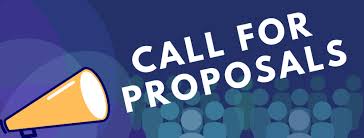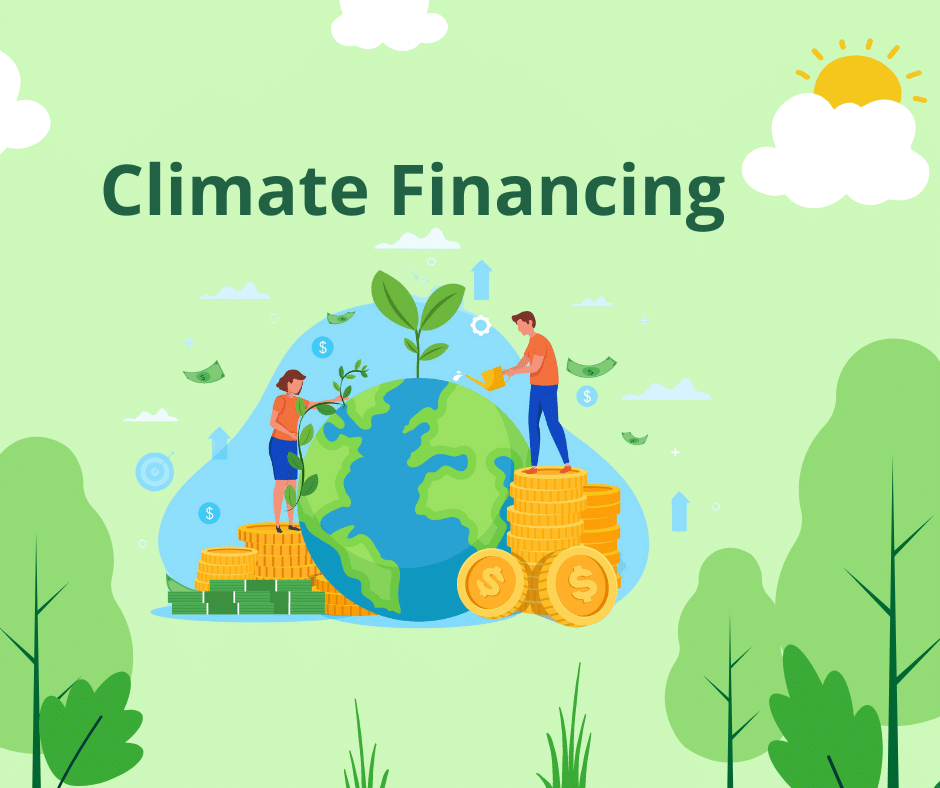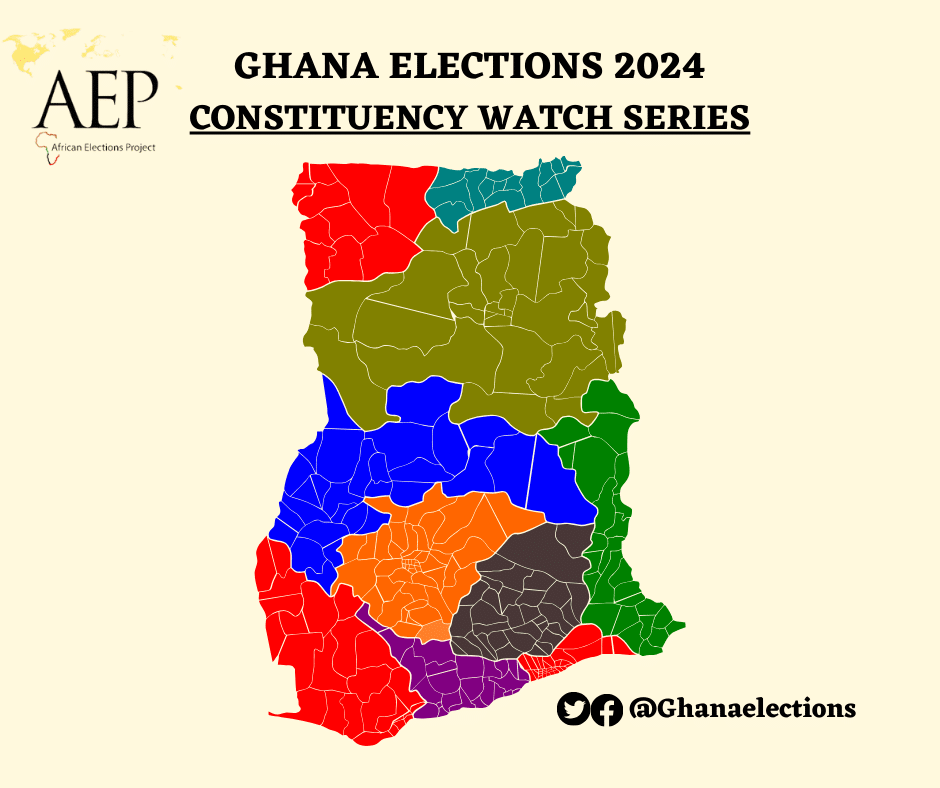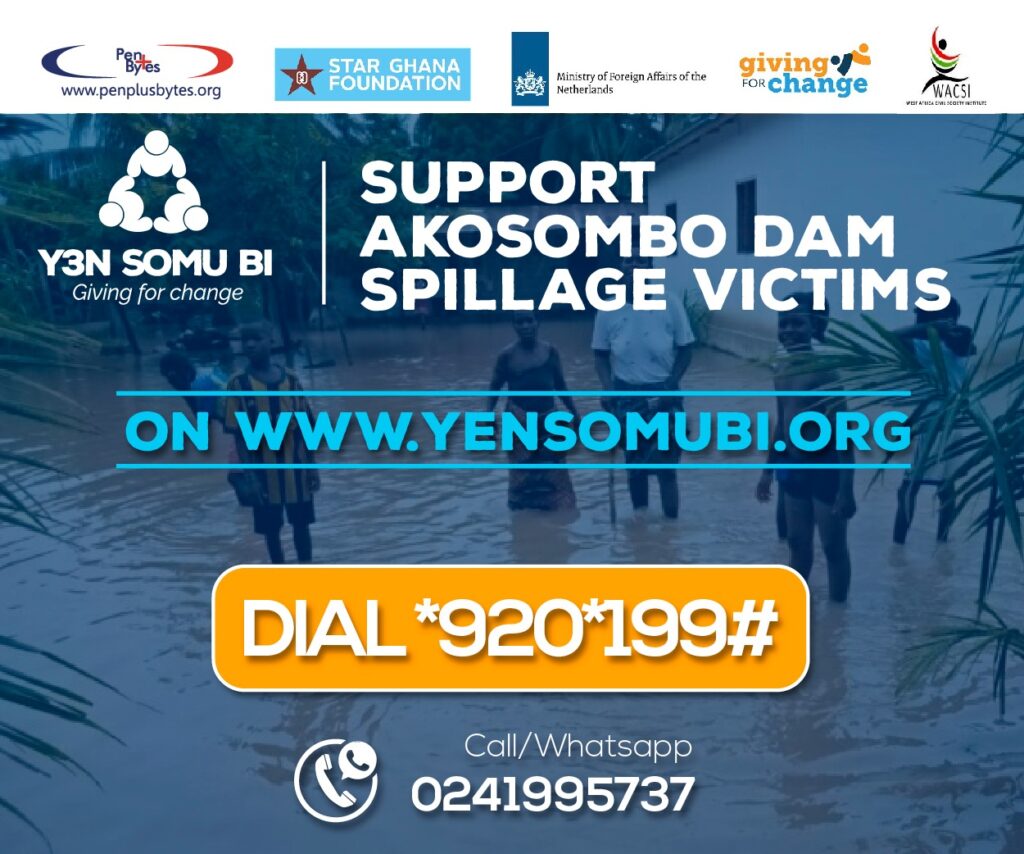CFP: African Women in Media 2020 Summit (#AWiM2020)
Reimagining Futures: Women in Media, Peace and Technologies
29-31 July, 2020. Johannesburg, South Africa
African Women in Media (AWiM) in partnership with the African Union are pleased to bring you our fourth annual conference, which aims to bring together media practitioners, researchers, policy makers and CSOs. With the theme ‘Reimagining Futures: Women in Media, Peace and Technologies’, AWiM2020 Summit takes place in Johannesburg, South Africa on 29-31 July 2020.
‘Re-imagining Futures’ reflects innovation in media industries, and the growing drive to change the narrative of Africa globally, particularly as African countries work towards achieving a dominant global position, and urgent objectives like Silencing the Guns by 2020, Free Movement of People, and the African Continental Free Trade Area (AfCFTA). Issues around movement, immigration, peace and security, and the lived experiences, roles and insights of women in media practitioners, policy makers, CSOs and researchers make the AWiM2020 Summit a timely focal point to bring these stakeholders together.
AWiM2020 aims to explore three thematic areas:
The prospects of free movement across the continent and the potential impact for female media professionals in Africa, and media and creative industries broadly;
The lived experiences of women in media as participants of peacebuilding and conflict prevention; and,
Emerging technologies and how Africa’s media might leveraging these to improve issues affecting female journalists.
Calls on the media, and particularly women in media in Africa, to utilise their profession to both raise awareness and mediate in conflict, gives rise to pertinent questions around the effectiveness of media-for-peace initiatives, the lived experiences of African women in the media in security reporting, and policy provisions in this regard. Understanding the lived experiences of African women in media is essential to guiding policy and advocacy agendas towards ensuring that countries and media organisations create the necessary enabling environment for women in media to effectively execute their work. Part of this initiative to create enabling environments constitutes a reliable tool for monitoring how well countries and organisations comply with women’s rights, and a means of obtaining data that will support journalists to perform their functions. Safety is however indispensable for bringing about these enabling environments.
Technologies have contributed both positively and negatively to empowerment of women in media. On the positive side, it has contributed to closing the gender gap of media ownership, with female media entrepreneurs setting up online media organisations. Social media enabled women only groups has provided spaces for women to share their stories and challenge existing narratives around women’s rights and gender equality. But it has also presented challenges, with the Committee for the Protection of Journalists (CPJ) reporting that “online harassment was cited as the biggest threat by 90%” of female journalists in the U.S. and 71% in Canada. What is the outlook across Africa?
As we consider how African countries will use the Fourth Industrial Revolution with emerging technologies like Internet of Things (IoT), Artificial Intelligence (AI), Virtual Realty (VR), Data Science, Robotics and Blockchain, how might we deploy these for women’s empowerment? How might we close the tech gender gap? How might we address cyber security?
Other questions for the Summit include:
Movement and Migration
How might easier movement between African countries improve the working conditions and opportunities for African women working in media? How might it improve economic contributions of media and creative industries, for example when we consider the flourishing music industries? What might we learn from examples like CariCom and the ERASMUS for journalist project? How might we reimagine journalistic conversations and representation of migration and displacement in Africa?
Peace and Security
What are the lived experiences of women in media reporting on peace and security in Africa? How might continental agendas provide for the participation of women in media? How might female media producers use their position and lived experiences to tell the stories in a way that empowers female survivors of conflict to speak out?
Emerging Technologies
How are global media responding to emerging technologies of Artificial Intelligence, Data Science, Robotics and others? How can these technologies help the media better know and engage audiences? What can we learn about gathering, storage and access to data? What is the outlook for online safety of female journalists in Africa? What specific technologies can support specific needs of women in media in African countries?
In exploring these questions, AWiM2020 Summit welcomes paper, panel proposals and workshops from researchers, practitioners, CSOs and policy professionals in the following topic areas:
Journalism
Globalisation
Fourth industrial revolution
Media and film studies
Intellectual property rights
Global Agendas
Discourse analysis and global implications
Peace and security
Global communication and technology
Intercultural communication and public policy
International conflict
Feminist studies
Migration and mobility
Postcolonial studies
Culture and media policy
Participatory communication
Audience
Community media
Access and Citizen Empowerment
Cultural studies
Artificial Intelligence, Big Data, Machine Learning
Blockchain, Empowerment and Media
Communication and Development
Communities and Networks
Digital Empowerment
Diversity and Inclusion
Ethics and Trust
Feminism and Political Participation
Gender Mainstreaming and Policies
International Law and Human Rights
Religion and Conflict
Representation, identity, ideology
Terrorism
Transmedia
Sustainability and Environment
Human capital flow
Entrepreneurship
Guidelines for Submissions:
Abstract should be 150-300 words in English or French. Please include details about your positions, affiliations, and email addresses for all authors. All submissions and enquiries should be sent to yemisi@africanwomeninmedia.com with ‘AWiM2020 CFP’ in the subject line by 20 January 2020






